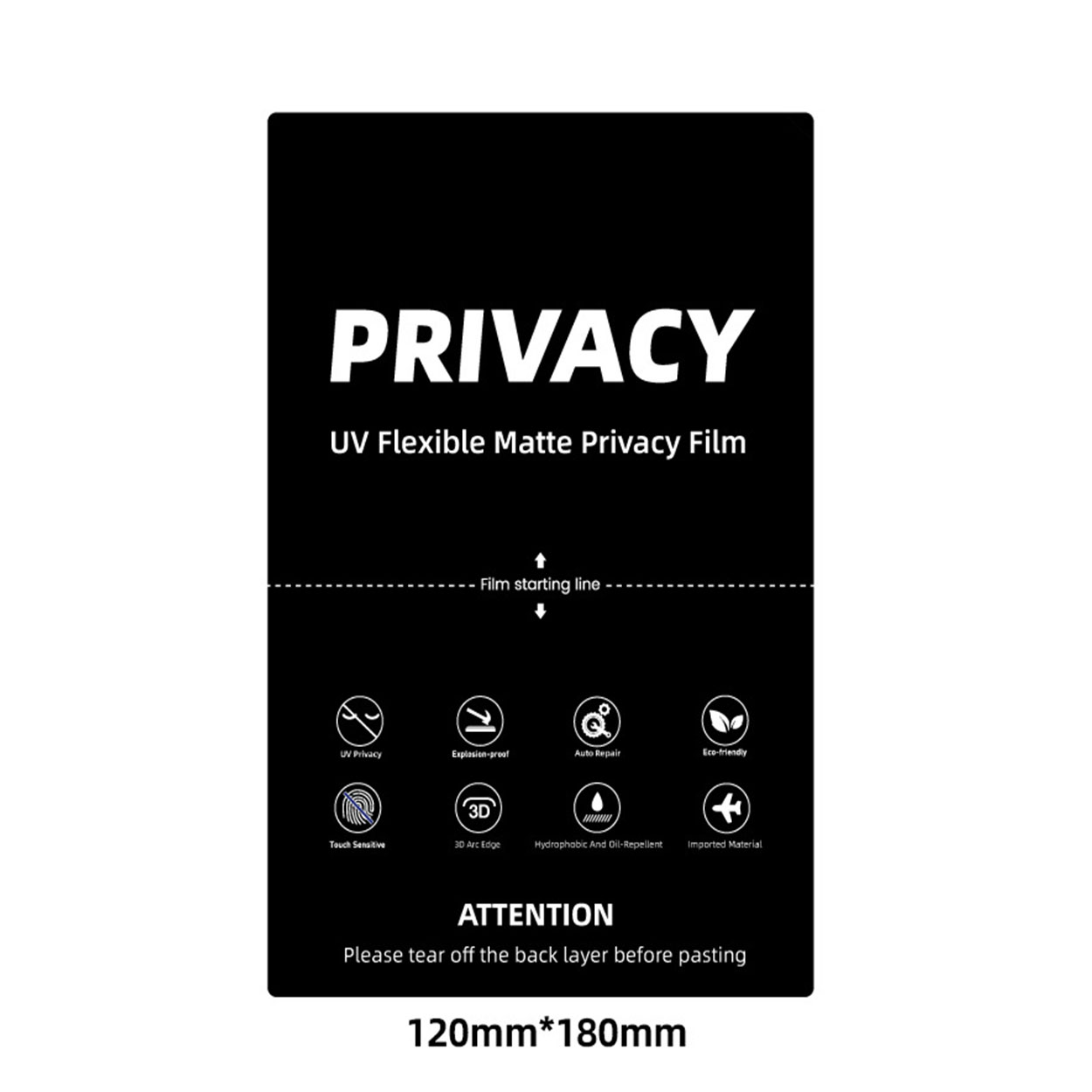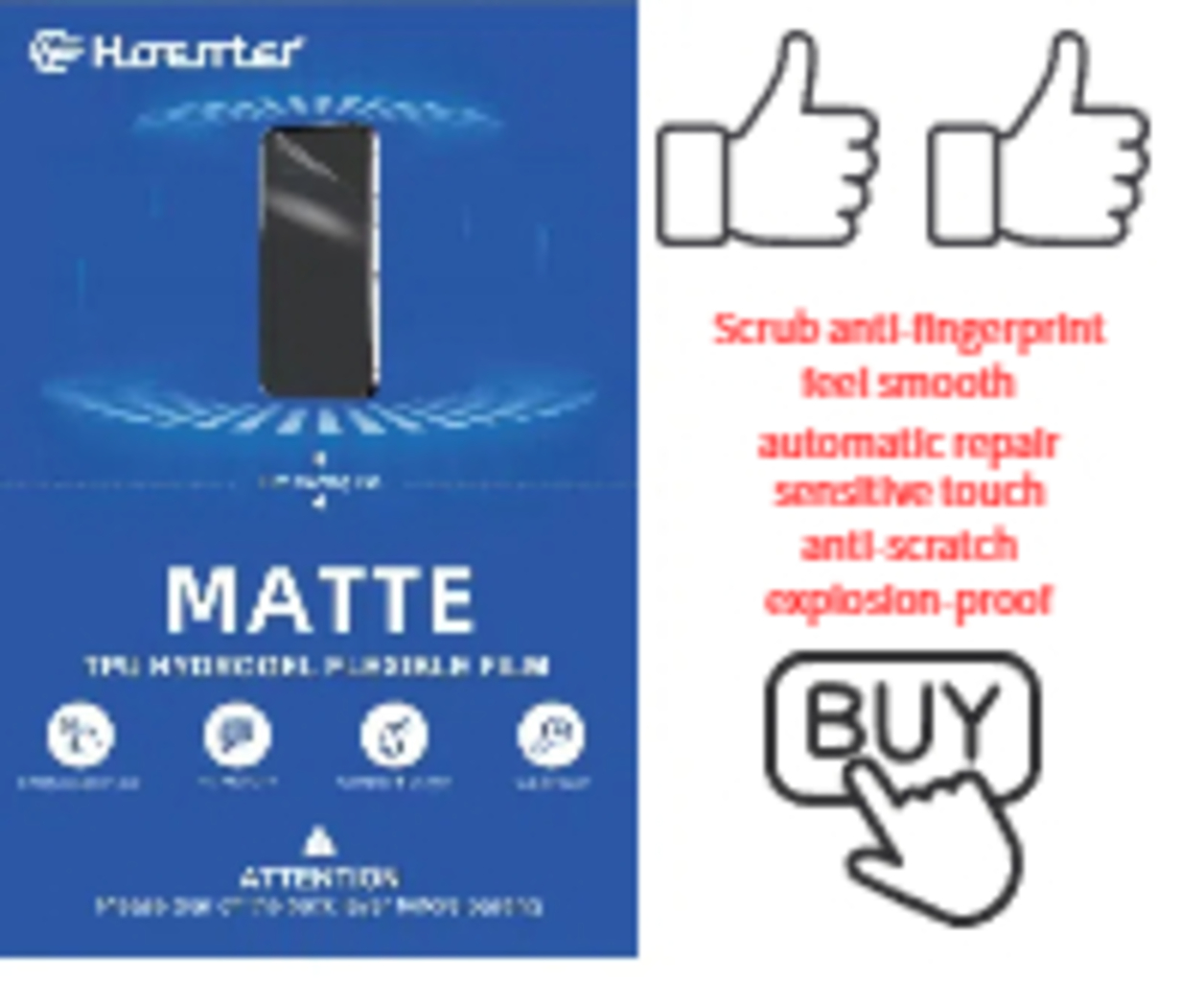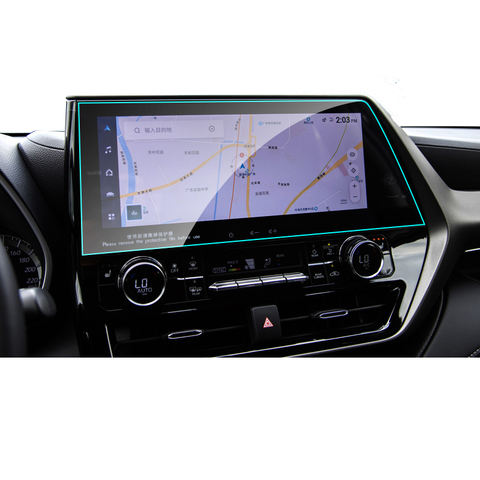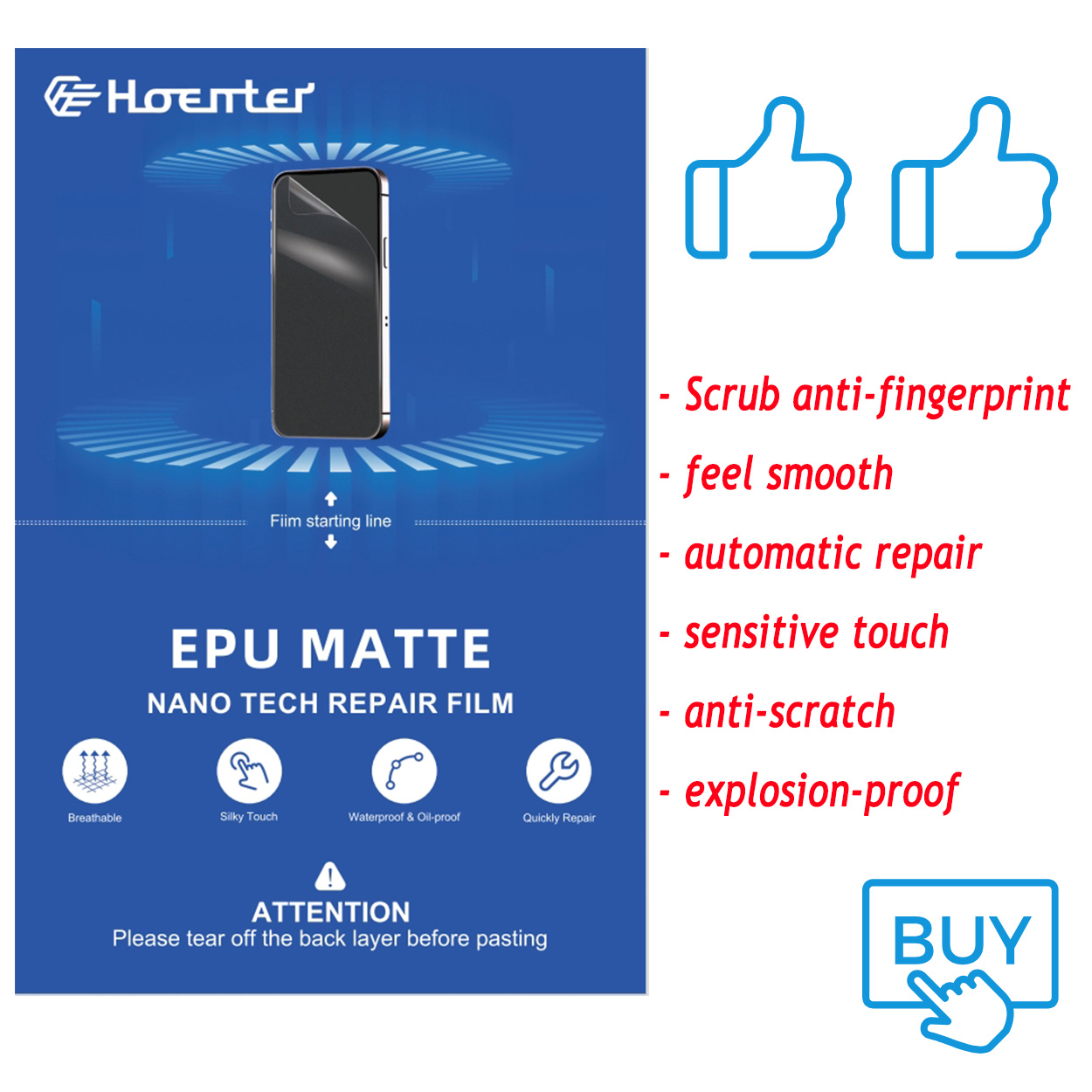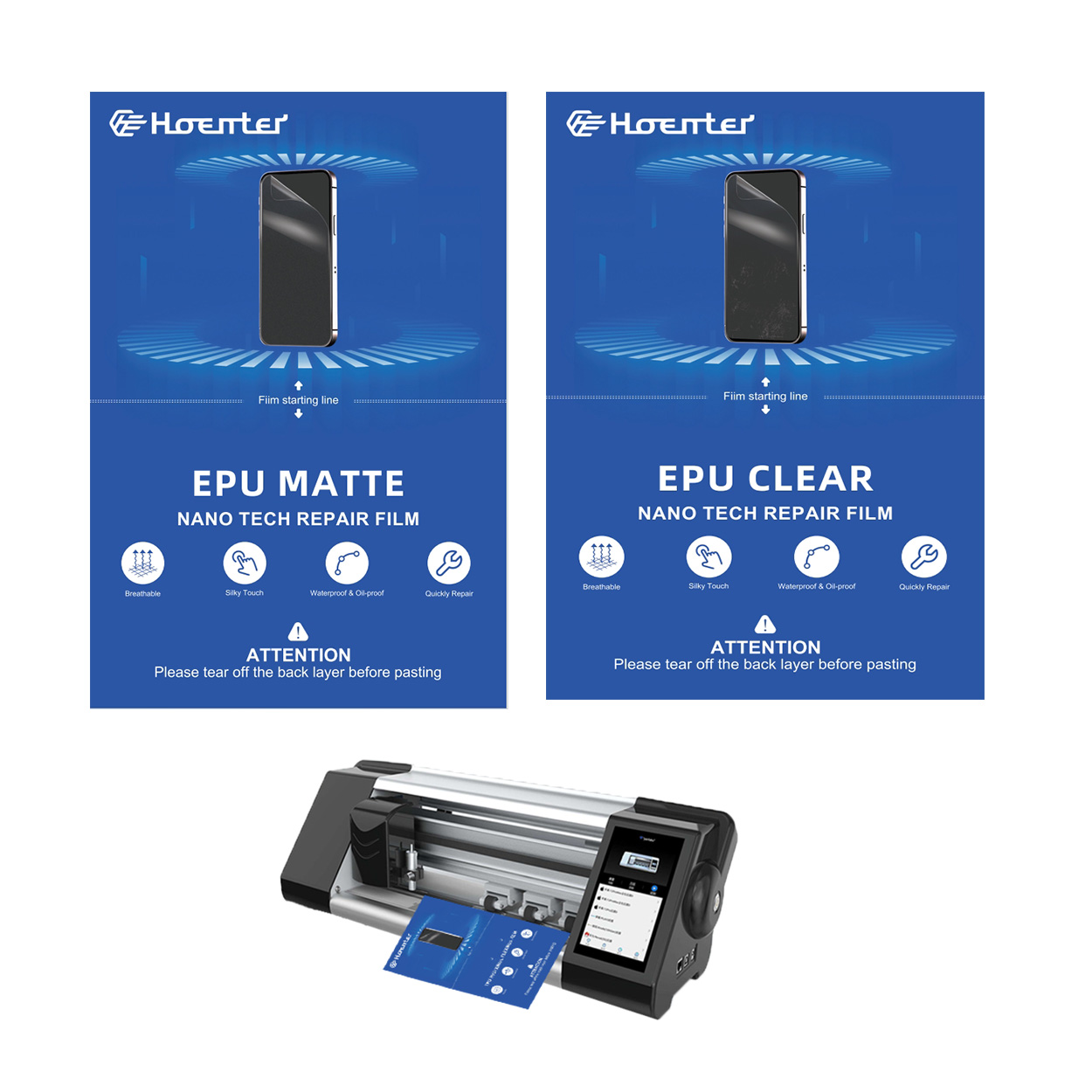
Is Silicone Screen Protector Good?
Table des matières
Résumé
- Protecteurs d'écran are essential for protecting smartphone screens from damage.
- Silicone protectors are affordable and provide basic scratch protection.
- Verre trempé offers superior impact resistance and screen clarity.
- Plastic protectors are cost-effective but may lack durability.
- TPU protectors combine flexibility with durability.
- The choice of screen protector should consider your device’s needs and your budget.
- Proper installation of a screen protector is crucial for optimal performance.
1. What is a Screen Protector and Why Do You Need One?
Screen protectors are thin layers applied to smartphone screens, acting as a shield against scratches, cracks, and other forms of damage. In a world where our phones are constantly at risk from keys, coins, or accidental drops, a good screen protector is an essential accessory.Using a screen protector can significantly decrease the chances of costly repairs. With smartphones being an integral part of our lives, ensuring their screens remain clear and functional is paramount. A single scratch can disrupt the viewing experience, and in some cases, affect the device’s functionality.
2. Understanding Silicone Screen Protectors
Silicone screen protectors are crafted from flexible silicone material, making them lightweight and easy to apply. They offer a soft-touch feel, which can enhance the tactile experience of using your smartphone. Unlike tempered glass, silicone is resilient to fingerprints and smudges, maintaining a cleaner screen for longer periods.One key advantage of silicone is its affordability. For users seeking a budget-friendly option that offers basic protection against scratches and minor bumps, silicone is an excellent choice. However, it may not provide the same level of impact resistance as tempered glass.
3. Exploring Tempered Glass Screen Protectors
Tempered glass protectors are renowned for their robustness and clarity. Made from toughened glass, these protectors can withstand significant impact, offering superior protection against drops and scratches. They provide a smooth, glass-like feel, closely resembling the original phone screen.Moreover, tempered glass protectors come with additional features like anti-glare and blue light filtering, enhancing the user experience. For those who prioritize screen clarity and durability, tempered glass is often the go-to choice.
4. Silicone vs Tempered Glass: Which Offers Better Protection?
Lorsque l'on compare les silicone and tempered glass protectors, the choice boils down to protection versus cost. Tempered glass generally offers better protection against high-impact drops, reducing the likelihood of screen shattering. On the other hand, silicone is more affordable and provides adequate protection against everyday scratches.The decision ultimately depends on your lifestyle and how much you’re willing to invest in protecting your device. For high-risk environments, tempered glass is preferable. For casual use, silicone might suffice.
5. How Does a Plastic Screen Protector Compare?
Plastic screen protectors are another popular option, known for their thin and lightweight design. They are less durable than silicone or tempered glass but offer basic protection against scratches and dirt. Plastic protectors are often the most cost-effective, making them appealing for users on a tight budget.However, they are prone to bubbling during application and might not provide the tactile satisfaction or clarity of glass or silicone options. Users seeking a temporary solution might find plastic protectors suitable.

6. The Role of TPU in Screen Protection
TPU, or thermoplastic polyurethane, is a hybrid material that combines the flexibility of silicone with the durability of plastic. TPU protectors are known for their self-healing properties, which can mend minor scratches over time. This feature makes them unique among other types of screen protectors.TPU protectors offer a good balance of protection and flexibility, making them suitable for those who want a bit more than basic protection without the cost of tempered glass.
7. Choosing the Right Screen Protector for Flagship Smartphones
Flagship smartphones, with their advanced displays and hefty price tags, deserve top-notch protection. For these premium devices, it’s crucial to choose a protector that does not compromise on clarity or touch sensitivity.Tempered glass is often recommended for flagship devices due to its superior protection and preservation of screen quality. However, for users who frequently replace their screens or prefer a more touch-sensitive material, high-quality silicone or TPU options might be considered.
8. Do Good Screen Protectors Enhance Smartphone Longevity?
A well-chosen screen protector can indeed enhance the longevity of a smartphone by preventing scratches and cracks that can lead to more serious issues. While a screen protector alone won’t make your phone last forever, it can certainly prolong its aesthetic and functional appeal.By minimizing damage, screen protectors help maintain the device’s resale value and ensure that the screen remains responsive and clear throughout its lifespan.
9. How to Install a Screen Protector Perfectly
Installing a screen protector can be a daunting task, but with a few simple steps, you can achieve a perfect fit. Start by cleaning the smartphone screen thoroughly to remove dust and fingerprints. Align the protector with the screen, ensuring all edges match perfectly.Once aligned, press down gently from the center, allowing the adhesive to work its way to the edges. Use a soft cloth to smooth out any bubbles. A properly installed protector will appear seamless and provide optimal protection.
10. Final Verdict: One is Better, But Which?
In the debate of silicone vs tempered glass, the winner depends on individual needs. For those prioritizing maximum protection and screen clarity, tempered glass is superior. However, if cost and ease of application are more important, silicone might be the better choice.Ultimately, both types of protectors offer unique benefits, and the choice should align with your lifestyle, budget, and smartphone use.

Commentaires
Tags
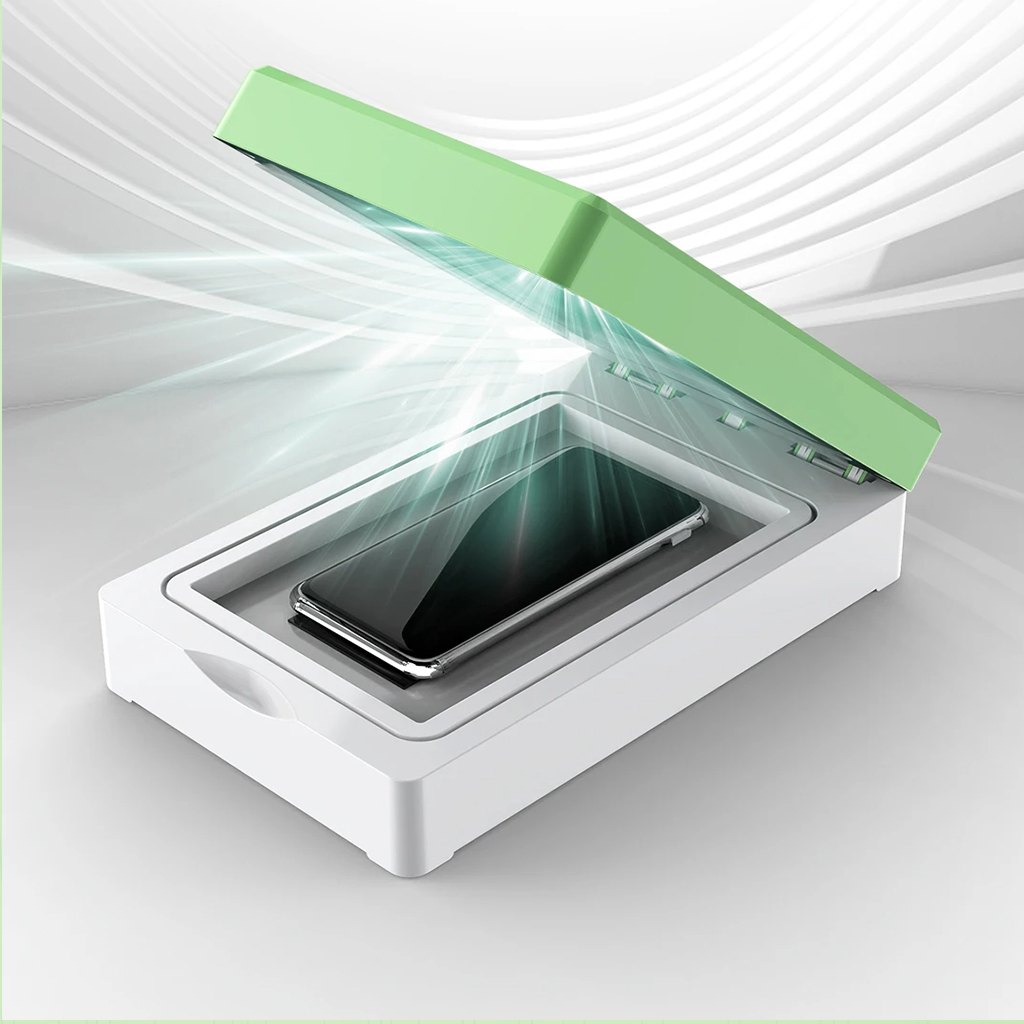
Machine de séchage à lumière UV pour protecteur de téléphone
Durcissement rapide : durcit le protecteur d'écran en moins de 5 minutes.
Protection supérieure : offre une dureté 3H, une protection antidéflagrante et antichute.
Désinfection : la lumière UV stérilise le téléphone, offrant ainsi une hygiène supplémentaire.
Processus simple : facile à utiliser avec un minimum d’effort et une finition parfaite à chaque fois.
Avec ses fonctionnalités avancées, sa facilité d'utilisation et ses qualités de protection supérieures, cette machine de film de téléphone portable à séchage par lumière UV est la solution ultime pour garantir que votre téléphone portable reste sûr, propre et sans rayures !
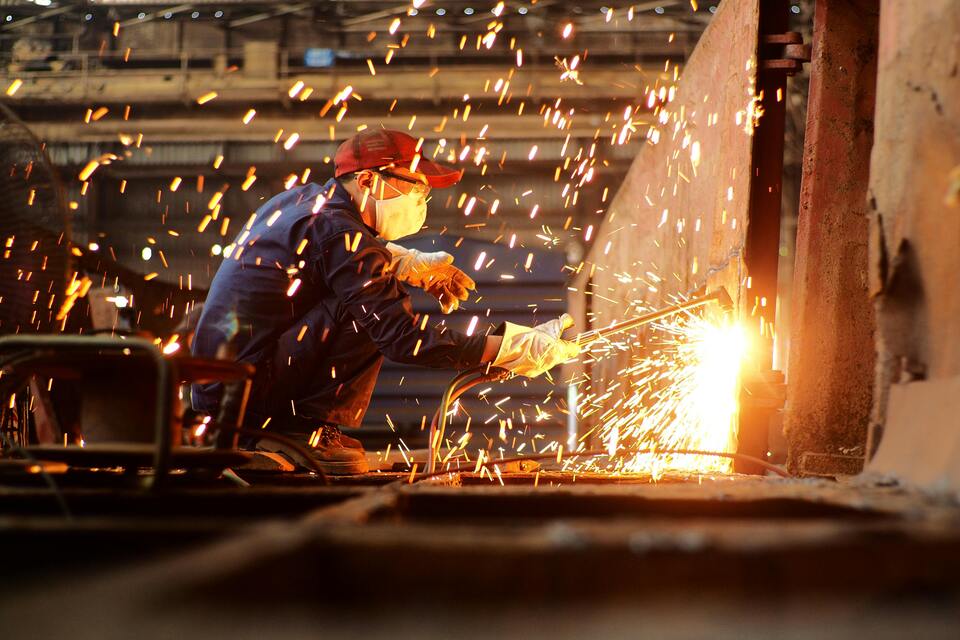
How to Remove Screen Protector on iPad?
By following these tips, you can safely and easily remove your iPad’s screen protector, ensuring your device stays in excellent condition.
Buick Envision 2024 GPS Navigation Tempered Glass
Our Buick Envision 2024 Navigation Protector offers superior protection for your new SUV’s display.
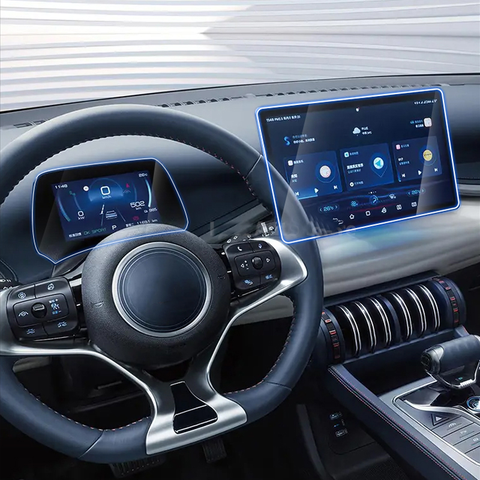
Audi A6 GPS Navigation Tempered Glass
Enhance your Audi A6 inventory with our premium accessories. We offer wholesale options on Audi A6 screen protectors and other interior upgrades.
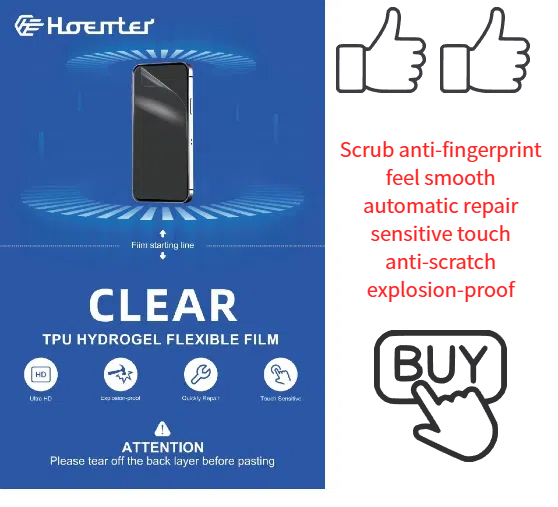
Wholesale Self-Healing EPU Clear Screen Protector
Looking for wholesale clear screen protectors with self-healing? Our EPU film provides invisible protection and superior durability for your customers.
Découvrez toutes les connaissances et tendances de notre blog, obtenez le prix de gros et la meilleure qualité de notre usine.
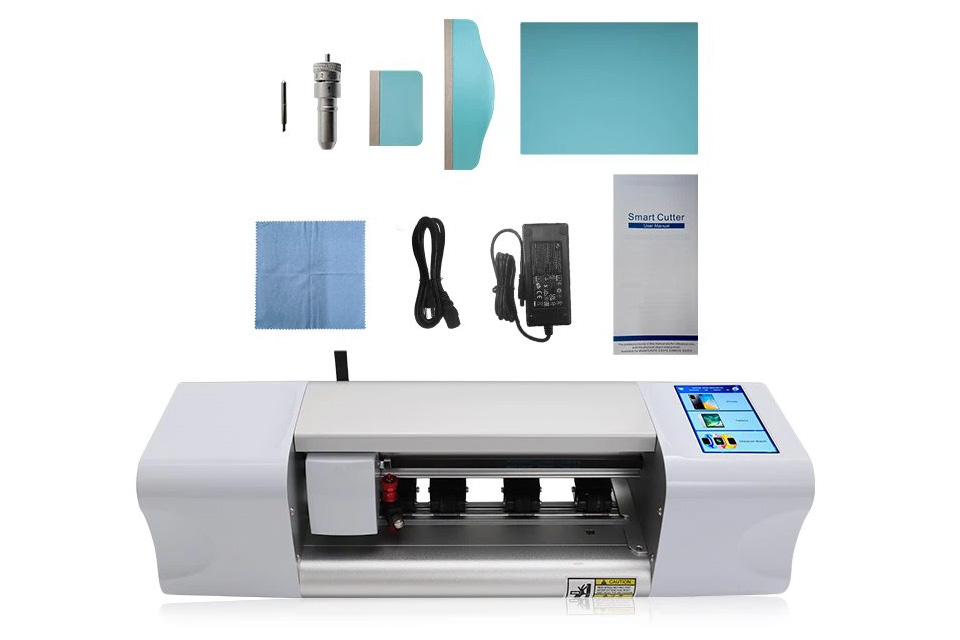
Quelles sont les machines de découpe de films et leurs applications ?
Les machines de découpe de films ont joué un rôle crucial dans l'évolution de la production cinématographique et de divers processus industriels en permettant une découpe et une jonction précises des matériaux cinématographiques.
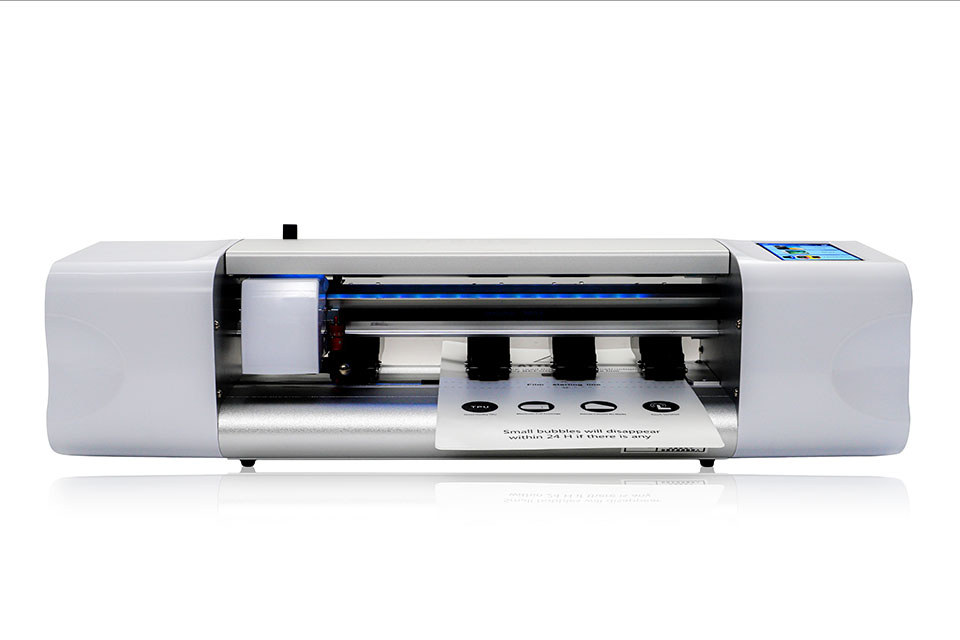
Qu'est-ce qu'une machine à découper les protections d'écran ?
Une machine à découper les protections d'écran est un appareil spécialisé conçu pour produire des protections d'écran sur mesure pour divers appareils électroniques, notamment les smartphones, les tablettes, les smartwatches, les ordinateurs portables et les moniteurs.
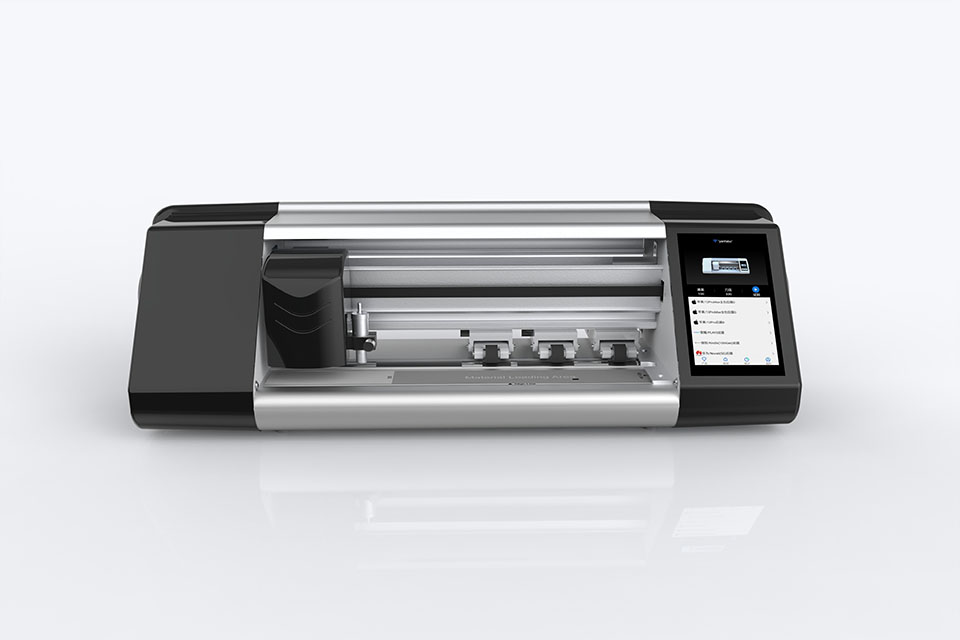
Comment fonctionne la machine à découper les protections d'écran de téléphone portable?
Une machine à découper les protections d'écran de téléphone portable est un appareil sophistiqué conçu pour
produire des protections d'écran personnalisées pour divers appareils numériques avec un haut degré de précision.
et l'efficacité.
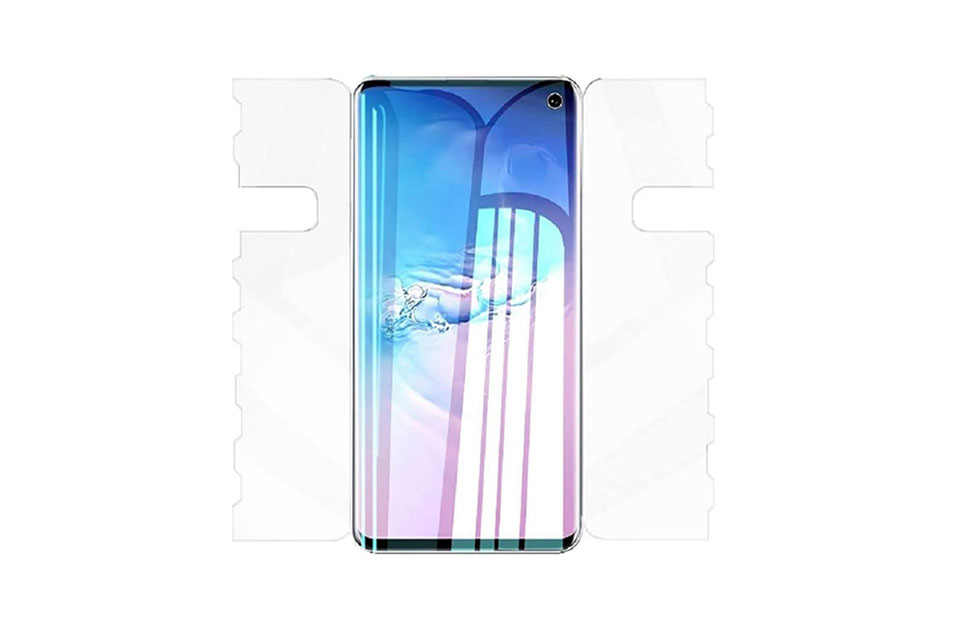
Caractéristiques du verre trempé et du protecteur d'écran TPU pour téléphones portables
Les protections d'écran en polyuréthane thermoplastique (TPU) sont flexibles, durables et
films plastiques auto-cicatrisants conçus pour protéger les écrans d'appareils électroniques contre la corrosion.
les rayures, les impacts et autres dommages potentiels.
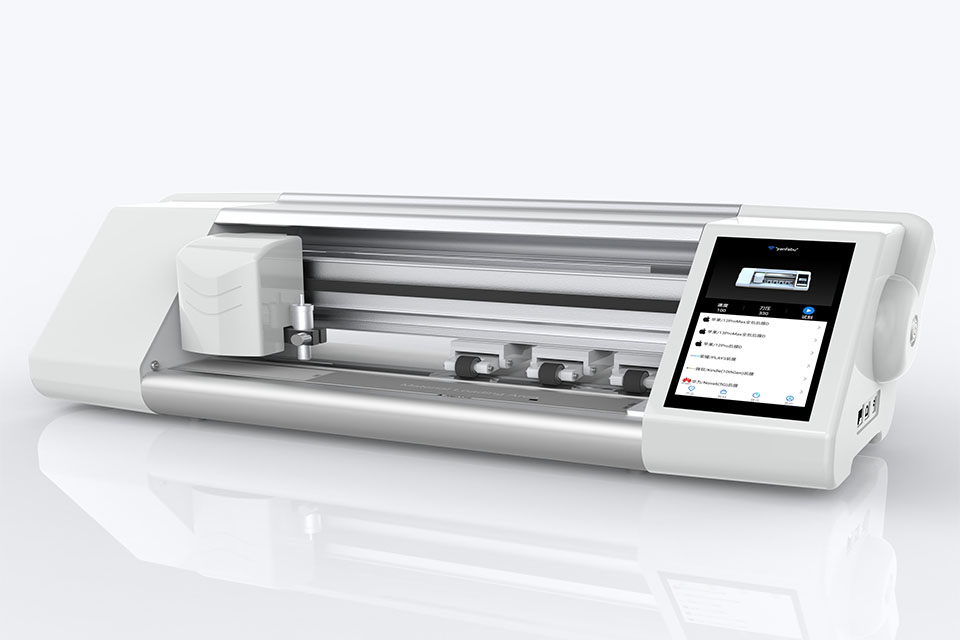
Révolutionner la protection des appareils grâce à la machine à découper les écrans de protection
Que vous possédiez un smartphone, une tablette ou une smartwatch, cette machine polyvalente s'adapte à un large éventail d'appareils. Il s'adapte parfaitement aux dimensions de votre gadget, offrant un ajustement personnalisé que les protecteurs génériques ne peuvent égaler.
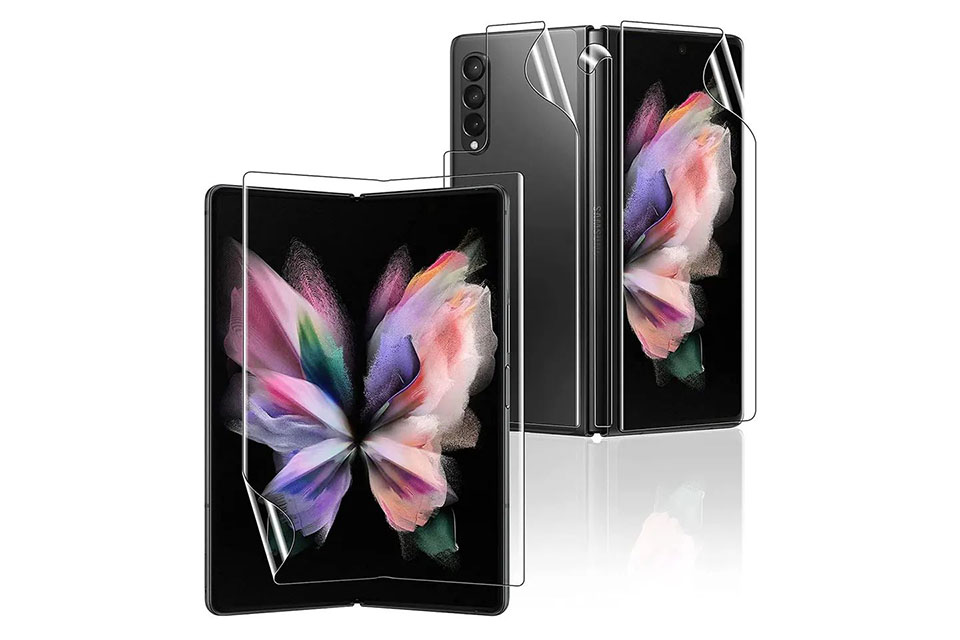
Garantie à vie du protecteur d'écran
La garantie à vie d'un protecteur d'écran est une garantie fournie par les fabricants.
s'engage à réparer ou à remplacer un protecteur d'écran pendant toute la durée de vie du produit, selon des conditions spécifiques.

